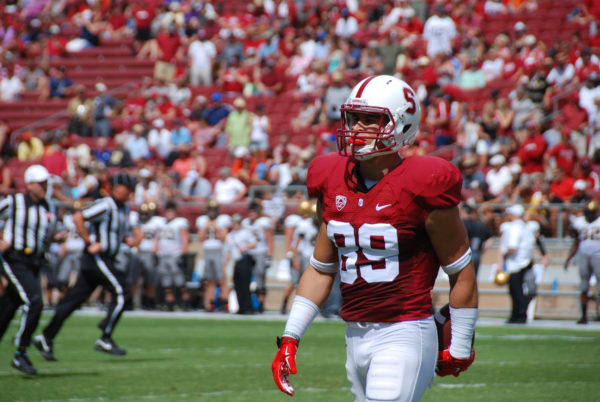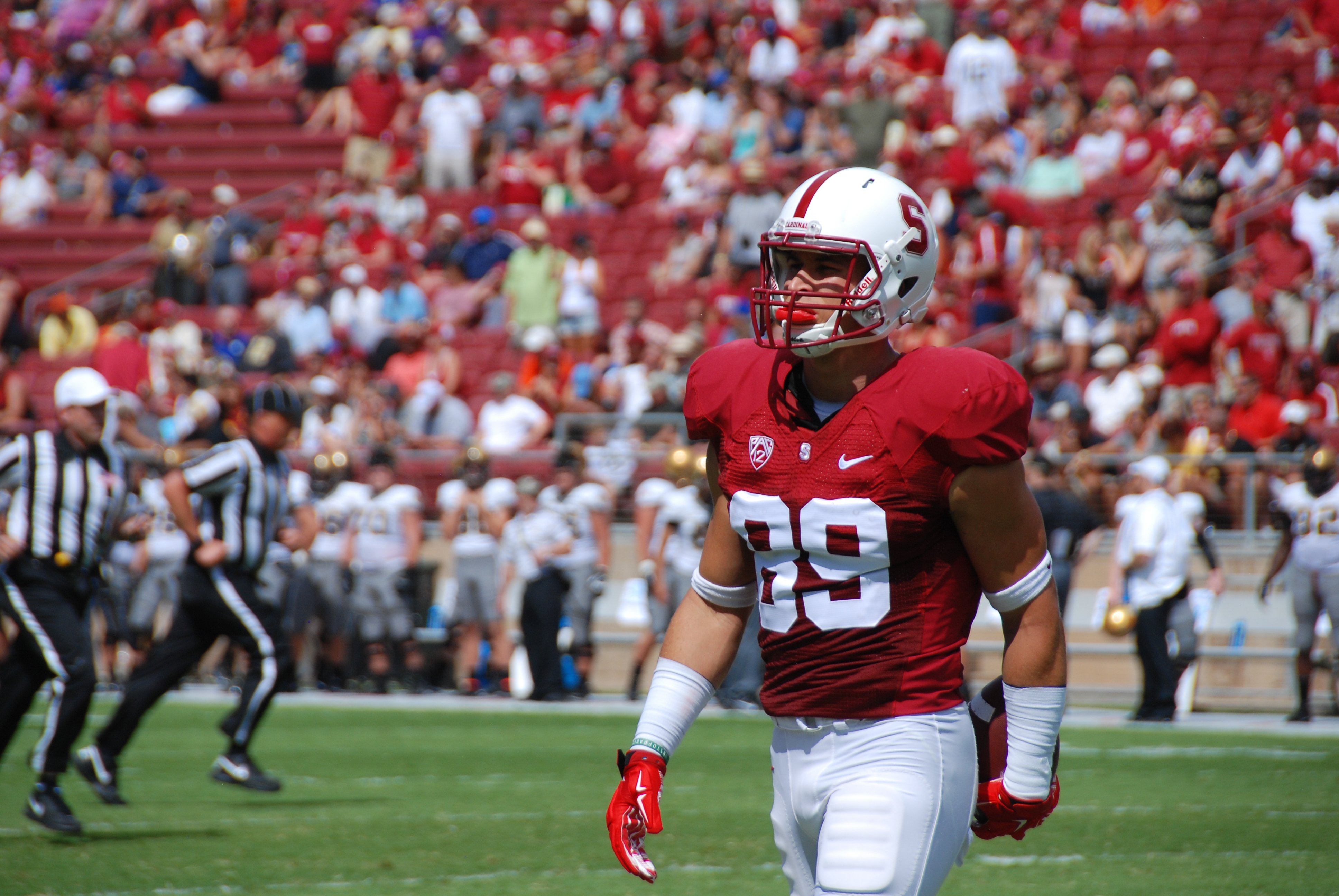In a statement released Thursday morning, the NCAA confirmed that Stanford Athletics committed two Level II violations, one in softball and one in football. While Stanford has previously committed less serious Level III and IV violations, these are the University’s first major violations. The incidents, which were internally investigated and reported by Stanford in 2014, were followed with self-imposed penalties and an additional $5000 fine levied by the NCAA.
The internal investigation into the women’s softball violation occurred in spring of 2014 under former head coach John Rittman. While Rittman resigned in 2014 amid a number of complaints related to inappropriate relationships with and unequal treatment of players by his coaching staff, the Level II violation was invoked by findings that players had been practicing more than 20 hours a week. According to the University statement today, it was as a result of this inquiry that the head coach was asked to resign and the assistant coaches were not given return contracts.
In addition to the replacement of the coaching staff, Stanford also created a full-time staff position to monitor and verify the practice hours of all student-athletes to ensure that practice limits are not exceeded.

The football violation pertains to impermissible benefits accrued by former Stanford wide receiver Devon Cajuste in the summer of 2014. The benefits totaled close to $3500, with about $3000 being loaned for Cajuste to purchase a bike and another near $400 of benefits coming from meals, movie tickets and the use of a vacation home all provided by a University-arranged landlord.
Although the bike loan had been repaid prior to the investigation by Stanford, Cajuste was deemed ineligible and suspended for one game. He was also required to donate the remaining value of benefits gained from the landlord to charity.
In a statement earlier today, Cajuste self-identified as the athlete in question and said he was unaware of the benefits’ illegal nature:
“I unknowingly accepted impermissible benefits from my summer landlord. I look forward to moving on from this incident and to supporting my alma mater for many years to come. I will have no further comment on this matter.”
The NCAA also investigated whether there were more violations committed, given that Cajuste was one of many football players staying with community homeowners for the summer based on agreements made by Stanford Football. In 2014, the University recognized the risk of such arrangements and has since housed athletes on campus for summer training.
In its statement, Stanford pledged to continue to be diligent in its support of student-athletes and its monitoring of athletic programs.
“Stanford will continue to work towards a tradition of excellence and hold itself to the highest standards of conduct and compliance,” the release said.
Contact Ada Statler-Throckmorton at adastat ‘at’ stanford.edu.
